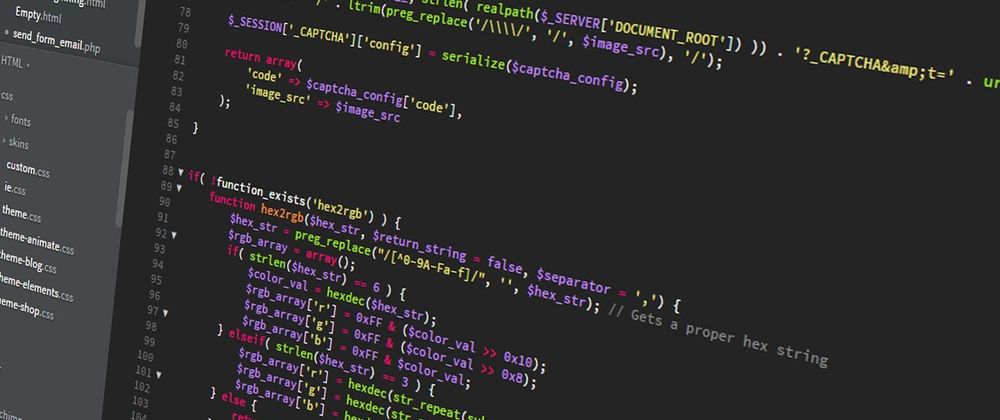As a new programmer, you are embarking on a journey that will lead you to a world of endless possibilities. However, the road to becoming a proficient programmer can be bumpy, and at times, overwhelming. The good news is that some strategies and tips can help you navigate this new terrain more effectively. In this article, we will discuss some of these learning strategies and tips for new programmers.
1. Start with the basics
Before diving into more complex programming languages and projects, it is important to learn the fundamentals of programming. This includes understanding programming concepts, data structures, algorithms, and problem-solving techniques. Make sure to start with a programming language that is easy to learn and widely used, such as Python or Java.
2. Practice coding regularly
One of the best ways to become a proficient programmer is to practice coding regularly. Start by writing small programs and gradually work your way up to more complex projects. This will not only help you to master the language but also enhance your problem-solving skills.
3. Use online resources
There are numerous online resources available for new programmers, including tutorials, videos, and forums. Websites like TecHavenacademy, Codecademy, Coursera, and Udemy offer online courses that can help you learn programming at your own pace. You can also join online forums, such as Reddit's r/learnprogramming, where you can ask questions and get advice from more experienced programmers.
4. Work on personal projects
Personal projects are a great way to apply what you have learned and improve your skills. They also provide an opportunity to work on something you are passionate about, which can make the learning process more enjoyable. Start by identifying a problem that you would like to solve and then work on a solution using the programming language of your choice.
5. Collaborate with others
Collaborating with other programmers can be an effective way to learn new techniques and approaches to programming. This can be done through online communities, such as GitHub, or by working on open-source projects. You can also participate in coding challenges or hackathons, which provide an opportunity to work on real-world projects and connect with other programmers.
6. Learn from your mistakes
Mistakes are an inevitable part of the learning process, especially when it comes to programming. When you encounter an error, take the time to analyze it and understand what went wrong. This will help you to avoid making the same mistake in the future and improve your overall coding skills.
7. Stay up-to-date
Programming languages and technologies are constantly evolving, so it is important to stay up-to-date with the latest developments. Follow blogs and social media accounts of industry leaders and companies to stay informed about new tools, frameworks, and best practices.
In conclusion, learning to code can be a challenging but rewarding experience. By following these learning strategies and tips, you can accelerate your progress and become a proficient programmer. Remember to start with the basics, practice coding regularly, use online resources, work on personal projects, collaborate with others, learn from your mistakes, and stay up-to-date with the latest developments. With dedication and hard work, you can achieve your programming goals and unlock a world of possibilities.







Oldest comments (0)